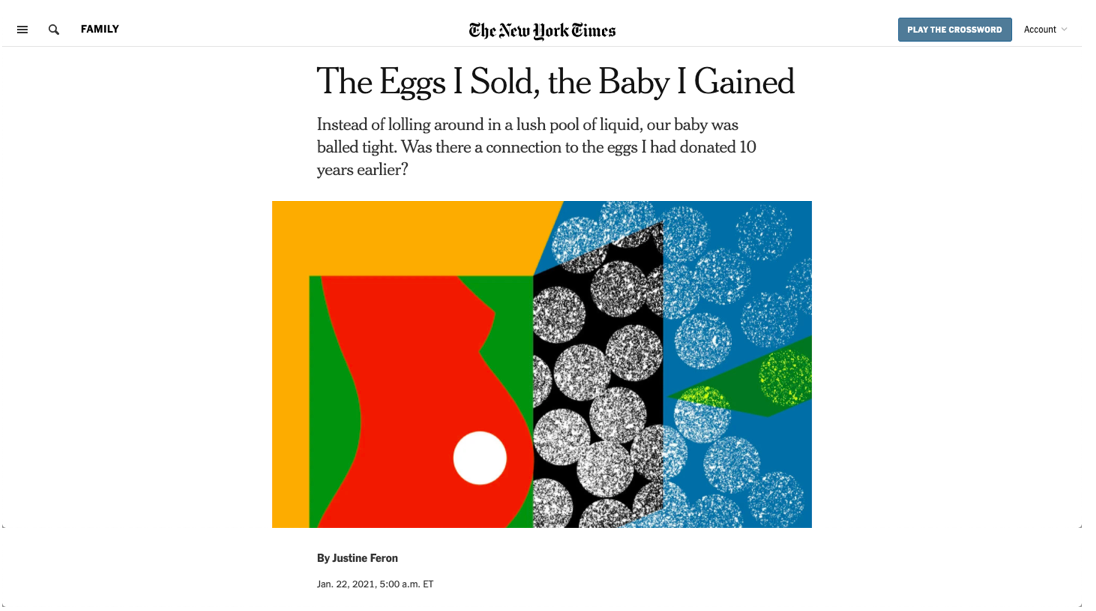Ambition's Ups and Downs
2020 taught a lot of things to a lot of people.
Among other lessons, it taught me to think differently about ambition.
All my life, I’ve had an unusual – or, in America, perhaps not so unusual – relationship with notions of aspiration, productivity, and success. I’ve measured my life’s worth by my output. That cold-hearted calculus - I am what I accomplish – has sometimes served me well. I was an excellent student. I’m a good employee. I tick items off to-do lists like you wouldn’t believe.
But ambition is a valve that doesn’t turn off. On vacation, it makes me replace work deadlines with reading goals. On weekends, it makes me turn my attention to my already-perfectly-fine apartment and ask myself what I can optimize. And even when the worst things have happened – when a baby died inside me, for instance – I couldn’t quiet the part of my brain that’s obsessed with achievement. That part of my brain mourned my miscarriage because it represented time and energy that didn’t amount to anything.
So much has been said lately about the corrosive effects of this bottomless go-go-go ethos. A few months ago, my writing group interviewed Maris Kreizman – who published this summer’s viral Medium article entitled ‘Where Did My Ambition Go?’ – about the dissatisfaction that sets in when you realize working doggedly forever might not necessarily result in a happy life. Anne Helen Peterson recently wrote a whole book about millennial burnout. And all year, I found myself reading and re-reading Toni Morrison’s New Yorker piece, The Work You Do, The Person You Are, in an attempt to convince myself that I’m more than my work ethic.
But I must admit: it hasn’t been terribly effective. Though I reposted ‘be gentle with yourselves’ advice on Instagram and told my friends that simply making it through 2020 was a victory, my own obsession with productivity is so hard-wired that I’ve been unable to practice what I preach. Instead, I ratcheted my expectations even higher. What can I accomplish, I asked myself, that will make me feel like I put the pandemic to good use? That will make this year worth it?
Today, three weeks after the year turned over, I accomplished that thing. I published an essay in the New York Times.
It feels 90% great, because it’s the fucking New York Times. There’s arguably no bigger stage for a writer, and my small life feels suddenly (if temporarily) immense for being featured there. The essay is the most intimate I’ve published, and it covers a lot of ground – being an egg donor in my early 20s, meeting Emmett, Finnegan’s difficult pregnancy and birth, and the decisions Emmett and I now have to make as his parents. As someone who still cares more than I’d like to admit about prestige and validation, the existence of this essay in the world feels like a powerful seal of approval.
So what’s the other 10%? It’s the part of me who yearns to be evolved enough not to need that validation. The part of me who wishes the writing was its own reward. The part of me who knows by now that today’s success will quickly yield to tomorrow’s ‘oh shit, what next?’ moment.
Still though, 90% of me really hopes you read the essay :)

